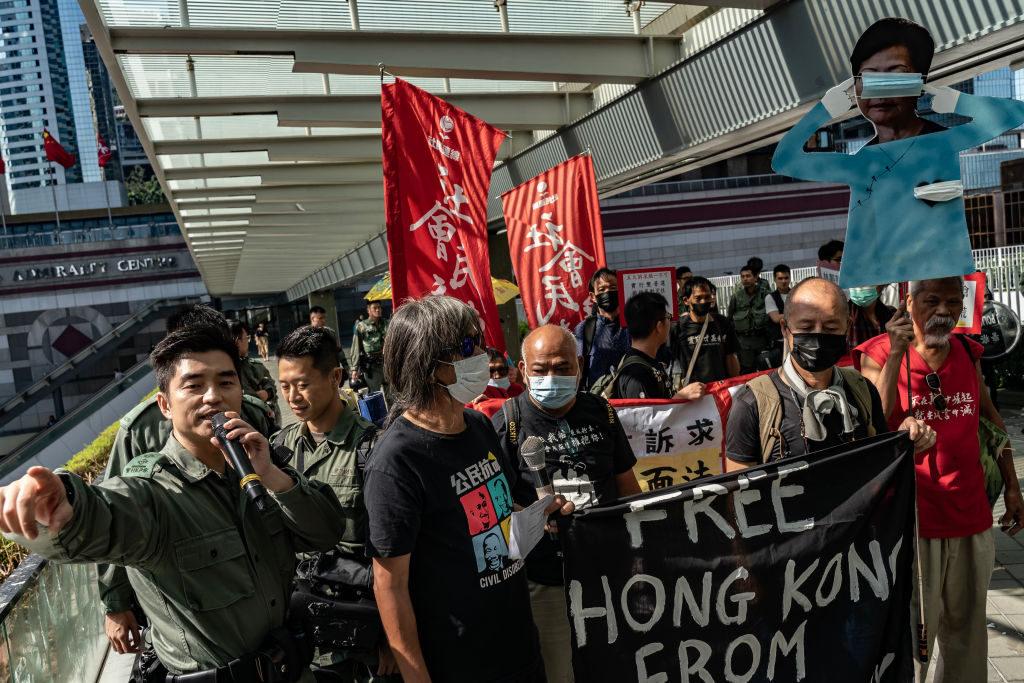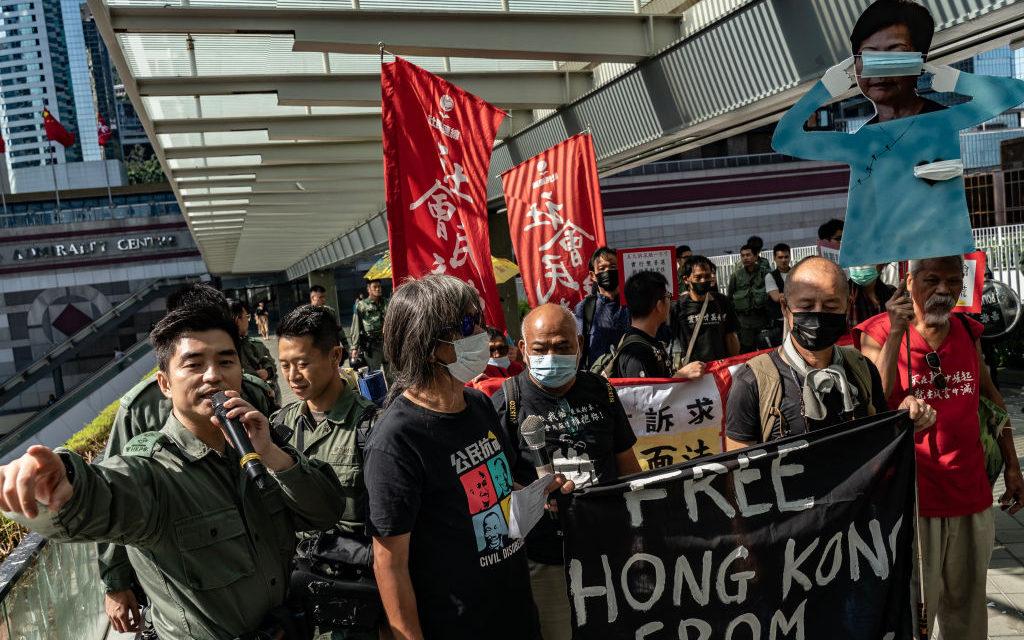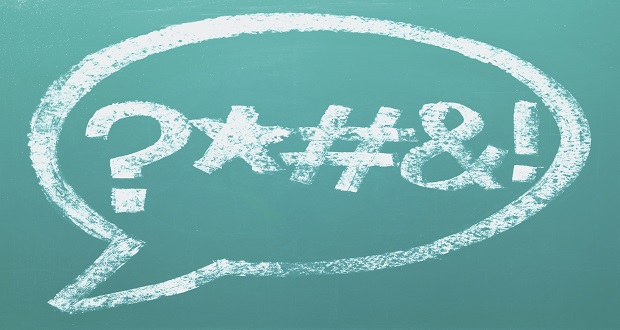
It is heart-wrenching to watch the protests in Hong Kong, which have been going on now since June and which turned violent earlier this month. At issue is Hong Kong’s relationship with China and Hong Kong’s ardent desire to maintain its democratic way of life. The British ruled Hong Kong until 1997 when it was “returned” to China, with the understanding that it would maintain its autonomy: “one country, two systems” for 50 years, until 2047. Hong Kong protesters believe that there is mounting evidence that this promise is slowly being chipped away as mainland China tries to insert more authority, specifically limiting freedom of speech.
Even though most people in Hong Kong are ethnically Chinese, and Hong Kong is a part of China, a majority do not identify as Chinese. Surveys conducted by the University of Hong Kong reveal that only 11% of Hong Kong residents would call themselves Chinese, and 71% responded that they do not feel proud about being Chinese Citizens—with the difference of opinion being most pronounced among the young.
The protesters, who are mostly young and highly educated, believe that Mainland China’s motives are to move the territory more toward communist beliefs, including censoring freedom of speech. The protests started in opposition to proposals to allow extradition to mainland China, and even though that bill was withdrawn in September, the demonstrators have expanded their demands to include full democracy and an inquiry into police actions.
This issue is increasingly becoming one of global import as human rights begin to clash with market interests. Last week, the NBA got into the fray when the Houston Rockets’ general manager Daryl Morey tweeted, “Fight for freedom, Stand with Hong Kong.” His post was subsequently deleted. The NBA now finds itself trying to maintain its lucrative business ties with China while upholding its commitment to civil liberties and freedom of speech. The Chinese are strong supporters of basketball, and the NBA has billions of dollars on the line with an audience estimated to consist of between 500 and 650 million fans. NBA players have been told not to talk about this matter as the NBA tries to recover from the swift admonishment from China about the Tweet.
Also last week, Apple removed an app that allowed protesters in Hong Kong to track the police, a day after receiving intense criticism from Chinese state media. China is a critical market for Apple. It assembles many of its products in China.
Google-owned Alphabet removed a mobile game from its Google Play store that allowed players to role-play as Hong Kong protesters. According to the developer, Google said the app, which is called “The Revolution of Our Times,” violated rules related to “sensitive events.”
Blizzard Entertainment also suspended professional Hearthstone player Chung “Blitzchung” Ng Wai after he made statements supporting protestors in Hong Kong during a livestream. Blizzard CEO J. Allen Brack supported the decision, saying that while he believed that everybody’s voice should be heard, the livestream was not the appropriate venue; only discussion of the game is sanctioned during those broadcasts. Two interviewers, employees of Blizzard, were fired over the incident. Brack wrote in response to criticism that these actions were kowtowing to China:
“Our vision is ‘to bring the world together through epic entertainment,’ and we have core values that apply here: Think Globally; Lead Responsibly; and importantly, Every Voice Matters—encouraging everybody to share their point of view. The actions that we took over the weekend are causing people to question if we are still committed to these values.” He assured his readers that they are.
Ken Chan, a member of the Northern California’s Hong Kong Club—a group founded in 2011 to promote democracy and political progress in China and Hong Kong—believes China will continue to use its “soft power” to oppress freedom of speech around the world. He thinks that companies will have to reconsider how they defend their core values.
This is the crux of the conundrum. People are being punished for exercising what they believe are their human rights. Even though many may believe that businesses should stay out of politics, it is increasingly difficult to do so when core values like Blizzard’s espouse that they encourage everyone to share their point of view. Are there boundaries? Perhaps there are fewer when the point of view in question does not rile leaders in countries where companies have major business interests. Some maintain that dealing with China is not worth the moral cost. However, many companies might not be able to stay in business without China.
People are being punished for exercising what they believe are their human rights. Even though many may believe that businesses should stay out of politics, it is increasingly difficult to do so. Click To TweetThe issue of freedom of speech is certainly not limited to the Hong Kong protests. We see it manifest on a regular basis here in the United States. As we witness how the impeachment proceedings are progressing against Donald Trump, there are concerted efforts to “legally” silence those who might confirm the allegations against him. As Leigh Morrison pointed out in her post last week about the idea that Everyone Has the Right to Freedom of Expression, “President Trump has expressed open contempt for freedom of the press and established unprecedented targeted restrictions on media outlets he dislikes.”
Some companies have had the courage to step up and uphold their values of respect and human decency around a number of issues that have been in the political spotlight (Nike supporting Colin Kapernick, Ben and Jerry’s on Climate change, etc.). However, many are afraid of the cost to the business for taking what seem to be political stances.
The Hong Kong controversy just sheds light on the more fundamental issue of how organizations can stay true to their core values while at the same time doing business with countries where those values seem to be at odds. “Just stay out of politics,” is not a realistic solution anymore. As Ken Chan said, companies will have to reconsider how they defend their core values.
The Hong Kong controversy just sheds light on the more fundamental issue of how organizations can stay true to their core values while at the same time doing business with countries where those values seem to be at odds. “Just stay… Click To Tweet


















